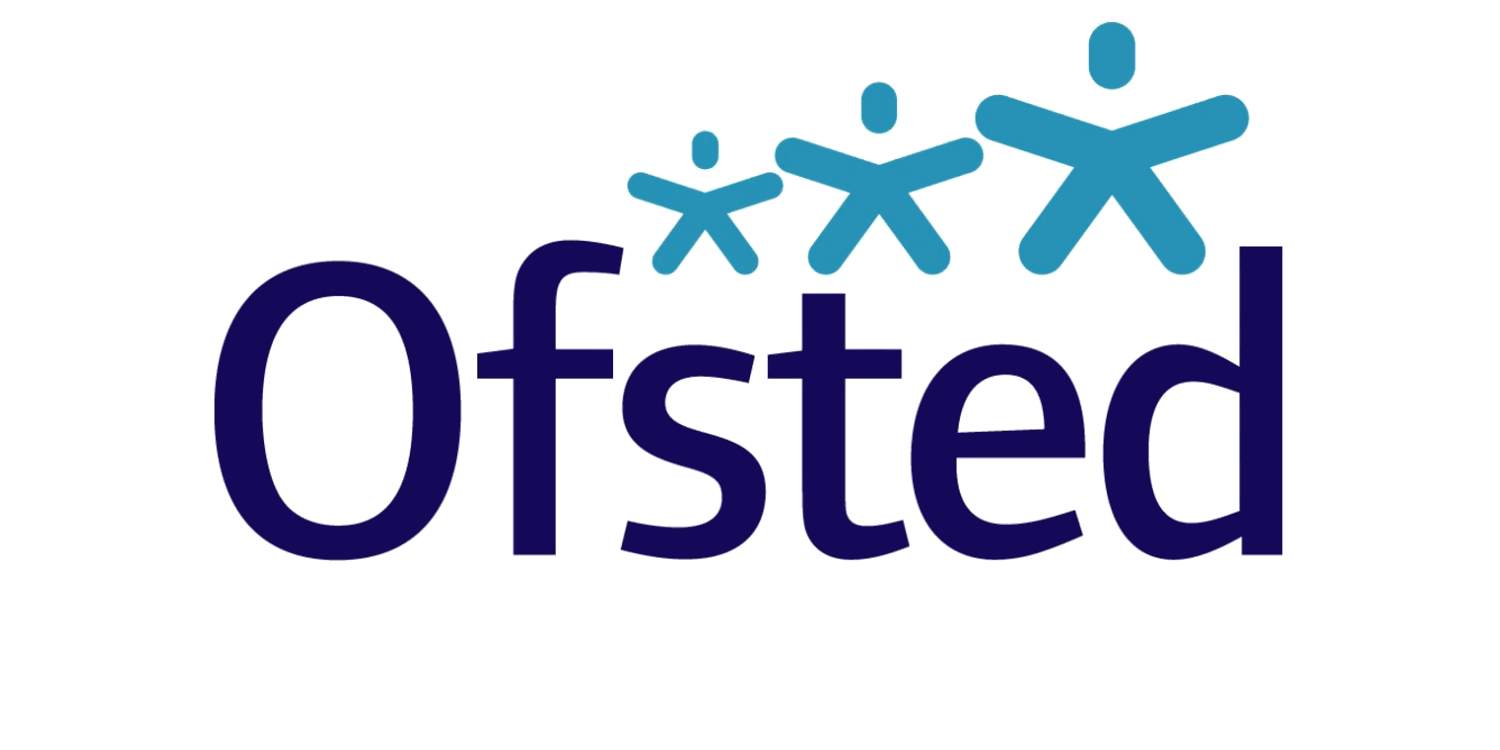The Curriculum Foundation welcomes the new draft Ofsted inspection framework, which puts the school curriculum or, as Amanda Spielman rightly puts it, ‘the substance of education’ at its heart. The framework is grounded in Ofsted’s own inspection and research evidence as well as drawing on findings from internationally respected organisations such as EEF and OECD, and those of a wide range of expert educationalists and cognitive scientists. The focus on disadvantaged learners and those with SEND is sharper in the new framework.
The intention to address Ms Spielman’s concern that inspection may have contributed to ‘pushing the curriculum out of shape’ is evident. There are clear indications that inspectors will be looking at the whole curriculum. Although the word ‘competencies’ is not used, skills are referenced throughout alongside knowledge and there is a focus on promotion of positive values and attitudes. Inspectors will be evaluating whether learners gain the knowledge and skills they need to take advantage of opportunities, responsibilities and experiences of later life. There is also recognition that a good curriculum does not involve memorising disconnected facts.
The curriculum thread is visible throughout and referred to extensively in three of the four new judgement areas. The curriculum is prioritised within the key ‘Quality of Education’ judgement, which combines and replaces ‘Teaching, Learning and Assessment’ and ‘Outcomes’. Ofsted will look at leaders’ and teachers’ collective success in developing learners’ understanding of the full range of school subjects as well as the development of cultural capital. In short, you can’t get a good grade if your curriculum isn’t up to scratch!
UNESCO’s three inter-related dimensions of the curriculum are at the heart of the ‘Quality of Education’ judgement: The intended curriculum that specifies what students are expected to learn and should be able to do; the implemented curriculum that is taught in the classroom, including how it is delivered and assessed; and the attained curriculum that represents what students have actually learned. The challenge is of course ensuring coherence and congruence between curriculum policy and plans and curriculum practice.
Leaders are rightly asked to reflect on what they are trying to achieve through their curriculum:
How do we organise the curriculum to achieve our agreed intent or aims and how do we measure its impact? ‘Instructional leadership’ and associated professional development are emphasised. The Foundation is optimistic that this new framework could provide the lever needed to lift achievement of all learners and in particular those groups who are currently let down by the system.
We also embrace Ofsted’s recognition that schools might interpret the national curriculum aims in different ways. Introducing learners to ‘the best that has been thought and said’ is controversial, particularly with regard to content in subjects such as history, art and literature. It is rightly up to schools to choose curriculum content appropriate for their student population, providing they can evidence good practice in terms of implementation and outcomes.
Other welcome changes feature in the framework such as a reduced focus on data and particularly school’s assessment data, reading at all key stages including in the sixth form, character development among pupils, attention to managing workload for teachers and tackling segregation, off-rolling and gaming.
The four grades remain in this framework. As Ms Spielman has said, this is an evolution not a revolution.
Transitional statements are included in recognition that not all schools will have adopted or fully constructed their curriculum in time for the introduction of the new EIF in September. So if you haven’t yet had time to fully consider your curriculum intent, download the World-class Curriculum audit from our website.
